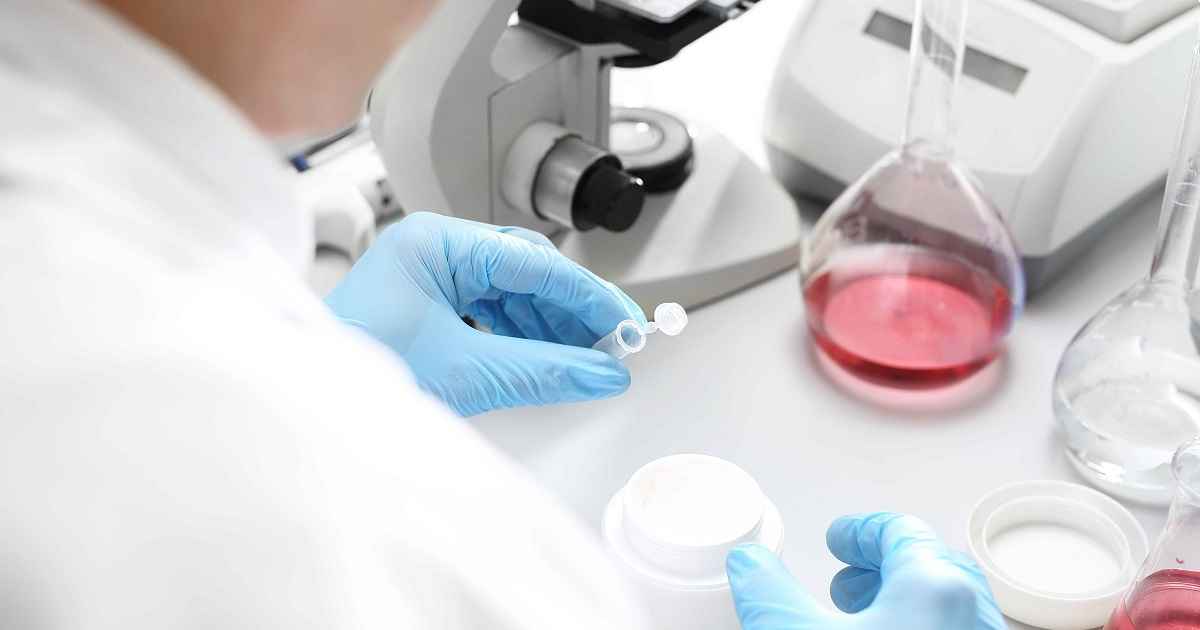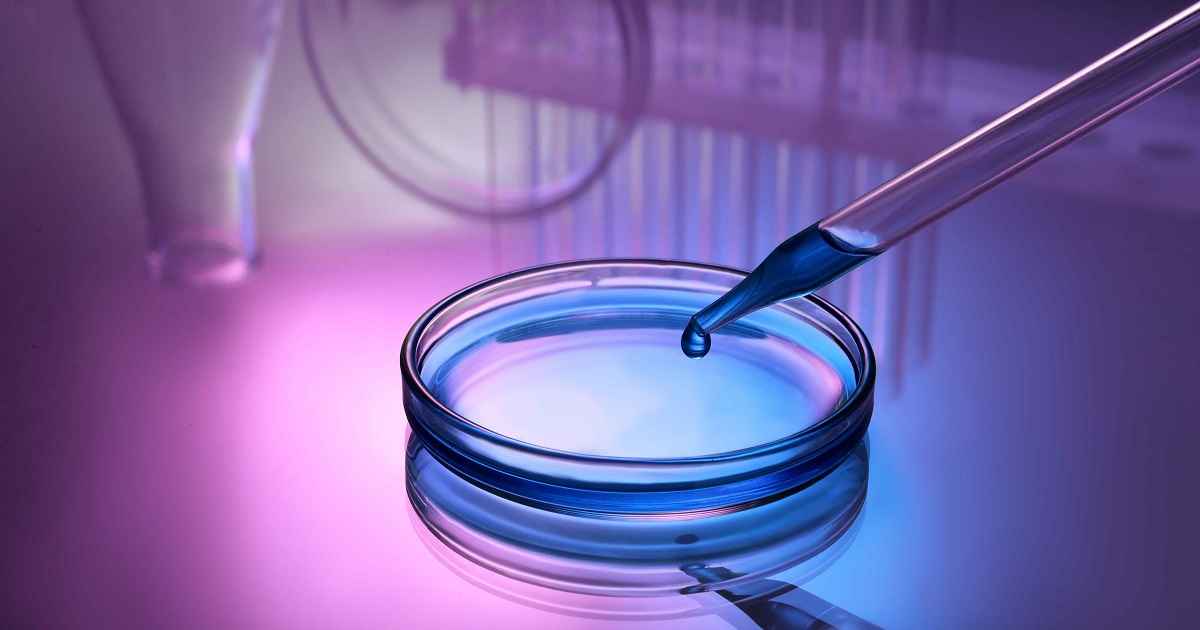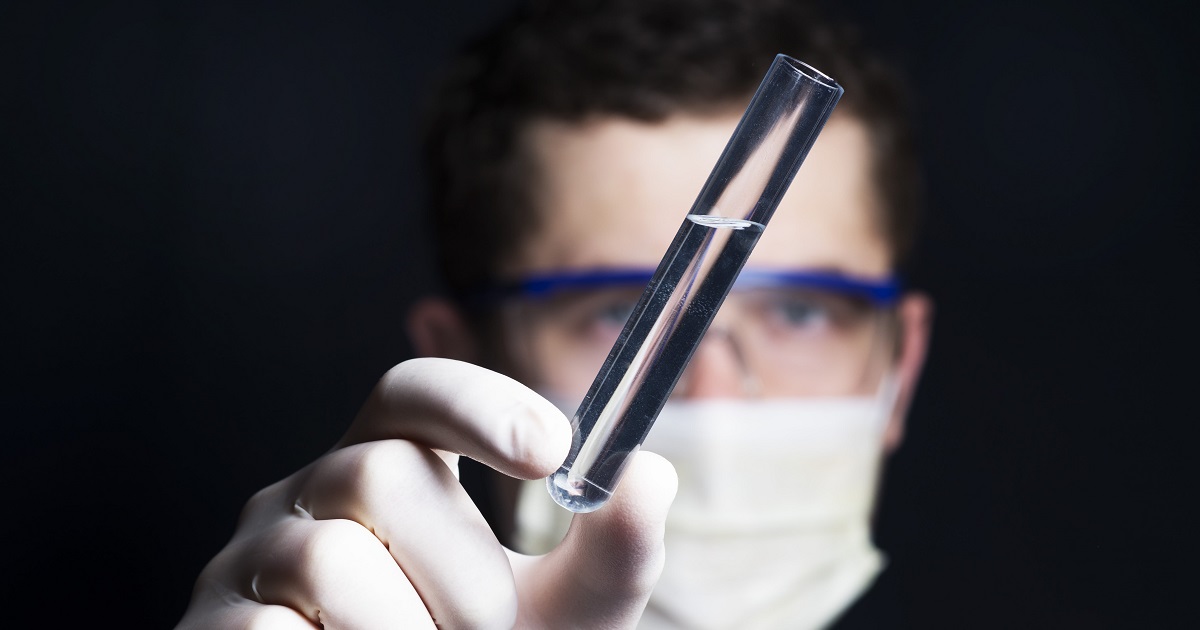
Chemical Technology
Chemify | January 23, 2024
Chemify and Prepaire™ Labs announced to expand their partnership with an additional program to tackle the ongoing Opioid crisis and develop a novel class of digitally discovered non-addictive Opioids as pain modulators, as well as drugs tackling Opioid addiction directly by combining Chemify's breakthrough programmable chemistry platform with Prepaire’s integrated novel open collaboration drug discovery platform. The project, named Toxifree, comes in response to the FDA’s Center for Drug Evaluation and Research (CDER) requesting drugmakers and researchers to develop treatments for stimulant use disorder, hoping to address a major gap in the addiction crisis response.
After a successful initial partnership, Chemify and Prepaire are now aiming to leverage Chemify's Chemputation technology which enables the automated and integrated design, discovery, and synthesis of complex molecules on demand using a chemical programming language and Prepaire's advanced open-architecture drug development platform.
Under the terms of this partnership, Chemify will design and discover novel compounds to identify Opioid-derived hits and develop them further into candidates. Chemify will receive at least USD $30 million in payments and pre-negotiated, success-driven clinical and regulatory milestones for each developed molecule, as well as single digit royalties on any resulting products.
Lee Cronin, Chemify's Founder and CEO and Regius Professor of Chemistry at the University of Glasgow has extensive experience leading research efforts to develop solutions for the opioid crisis. Cronin lead a team that won several NIH-prize challenges including winning the grand runner up prize for the design, discovery and automated synthesis of next generation, safer and non-addictive drug-candidates to help address the opioid crisis.
"We are extremely excited to combine Chemify's technology for molecular design, discovery and synthesis with the integrated Prepaire platform to expand our collaboration and create a fully integrated, digitally driven drug discovery approach. With this partnership we are breaking ground on a new pain modulation discovery program that aims to tackle the global need for better and non-addictive pain medication. With our unique design approach guided by Chemputation, we are utilizing an evolutionary approach to discovering novel compounds to solve this devastating and critical healthcare need," said Professor Lee Cronin, Chemify's Founder and CEO.
"Our partnership with Chemify allows our discovery platform to integrate directly with Chemify's chemical space exploration approach, enabling us to access novel chemical matter that would have otherwise been inaccessible. As we progress our collaboration, we are aiming to build an integrated approach that can be used for many more indications beyond novel pain modulators. There aren't any approved treatments to help address addiction to opioids, whose use has surged in recent years. The purpose of this FDA guidance is to assist in the clinical trial designs for the development of novel drugs to support indications for treatment of moderate to severe cocaine use disorder, treatment of moderate to severe methamphetamine use disorder, or treatment of moderate to severe prescription stimulant use disorder," said Dr Vicent Ribas, Prepaire’s Co-Founder.
About Chemputation
Digital chemistry applies principles of computation to chemistry for programable chemistry and Chemify has developed the underpinning infrastructure to make this possible for chemical discovery and synthesis. Like a computer program, digital chemistry programs can automatically run chemical experiments, make new molecules, and ensure that complex chemical recipes are always accessible and perfectly reproducible. Chemical programs are precise pieces of code that allow fully transparent and reliable operation allowing the implementation of AI and other techniques with full audit and safety.
About Chemify
Based in Glasgow, Chemify is a pioneering company digitizing chemistry to provide world-leading pharmaceutical, biotechnology, and industrial partners access to an exponentially growing space of novel molecules and materials. By leveraging decades of chemistry experience, hardware robotics, and artificial intelligence, Chemify's Chemputation technology enables companies to access an end-to-end workflow for drug discovery, molecule synthesis, and materials discovery. Chemify was founded by CEO Lee Cronin based on conceptual advancements from Cronin's Digital Chemistry Laboratory at the University of Glasgow in Scotland. By building the infrastructure to digitize chemistry, Chemify is reimagining chemical research, discovery and manufacturing to benefit all of humanity by accelerating advances across chemistry with a focus on medicine and functional materials.
About Prepaire Labs
Prepaire Labs is a pioneering healthcare technology company focused on revolutionizing drug discovery and precision medicine. Through the integration of deep learning and biology, Prepaire Labs builds predictive models grounded in genetic, phenotypic, and clinical data. These models form a view to the underlying architecture and biology of diseases. Prepaire Labs utilizes patient-derived induced pluripotent stem cells (iPSCs), genome editing, high-content cellular phenotyping, and machine learning to create in vitro disease models that optimize genetics, cell-type, environment, and multidimensional data collection for increased predictability of human clinical outcomes. A state-of-the-art BSL3 lab is opening in May 2024, located at Masdar City, Abu Dhabi, UAE.
Read More

Chemical Management
Infinium | January 25, 2024
Leading eFuels provider Infinium and Amogy Inc. ("Amogy"), a pioneer of carbon-free, energy-dense power solutions, have entered into a memorandum of understanding (MOU) to explore opportunities to integrate their technologies and develop commercial applications across the eFuels and green ammonia value chain. Infinium and Amogy are also exploring collaborations with both Mitsubishi Heavy Industries (MHI) Group and SK Innovation for deployment of the integrated solution.
To accelerate the decarbonization of heavy industry sectors, the companies will jointly study and identify the most suitable applications to deploy their eFuels and green ammonia solutions. A key focus of this collaboration is the potential integration of Amogy's ammonia-cracking technology to provide low-cost, accessible green hydrogen feedstock as an input to produce Infinium's eFuels.
Infinium eFuels, also known as electrofuels or Power-to-X, are made from green hydrogen and waste carbon dioxide (CO2) in a proprietary process. Amogy's ammonia-cracking technology leverages its state-of-the-art catalyst materials to crack ammonia into hydrogen and nitrogen at lower reaction temperatures with high durability, reducing heating and maintenance requirements.
Upon identifying promising applications, Infinium and Amogy will initiate strategic pilot programs, showcasing tangible and scalable implementations of their clean technology solutions. The partnership also entails the evaluation of additional opportunities for collaboration within the eFuels and ammonia spaces, with a focus on the development of commercial use cases.
"Ingenuity and collaboration are critical to creating decarbonization solutions today. Our partnership with Amogy will go a long way toward helping advance our ability to rapidly scale the production of ultra-low carbon Infinium eFuels, including eSAF, eDiesel and eNaphtha," said Robert Schuetzle, CEO at Infinium.
"We are thrilled to forge this alliance with Infinium. By uniting our expertise and resources, we aim to unlock innovative opportunities that will pave the way for sustainable solutions," says Seonghoon Woo, CEO of Amogy. "This partnership reflects a shared commitment to accelerating technologies that can contribute to the reduction of carbon emissions in the heavy industry sectors."
Mitsubishi Heavy Industries (MHI) has invested in both Infinium and Amogy and is exploring potential collaboration for new solutions and applications in energy sector project development.
"Decarbonizing heavy industries requires numerous approaches that can concurrently and collaboratively help mitigate greenhouse gas emissions," said Ricky Sakai, Senior Vice President of New Business Development at MHI of America. "We are excited to see how Amogy's emission-free, energy-dense ammonia solution and Infinium's proprietary eFuels production process might be aligned to overcome challenges and accelerate the global availability of commercial decarbonization solutions."
SK Trading International (SKTI) invests in solutions that contribute to addressing climate change and environmental pollution and is an investor in Infinium while its parent company SK Innovation has invested in Amogy.
"Our global goals to slow the warming of the planet require significant efforts so they can quickly scale, find synergies, and explore new pathways," said Hyunchol Park, Managing Director and Head of Global Trading at SKTI. "Infinium and Amogy are leaders in their progress and proven solutions, and I believe their partnership will result in the identification of breakthrough opportunities to expand and grow access to cleaner fuels."
About Infinium
Infinium is an electrofuels provider on a mission to decarbonize the world. Electrofuels are a new class of synthetic fuels made using renewable power and waste carbon dioxide, not petroleum or resources needed to produce food. Infinium electrofuels can be dropped into existing trucks, planes and ships, significantly reducing harmful carbon dioxide emissions compared to fossil-based fuels. In addition to helping the transport industry meet carbon reduction goals, Infinium electrofuels are a lower carbon alternative for chemical processing, including plastics production.
About Amogy
Founded in 2020, Amogy is on a mission to unlock the potential of ammonia as a clean energy source, accelerating the global journey to Net Zero and sustaining future generations. With a presence in Brooklyn, Houston, Norway, and Singapore, Amogy is developing fully integrated ammonia-to-power systems to enable the decarbonization of the hard-to-abate sectors, such as shipping, power generation, and heavy-duty transportation.
Read More

Chemical Management
LyondellBasell | February 02, 2024
LyondellBasell and MSI Technology, LLC announced they have entered into an agreement for MSI Technology to serve the LyondellBasell Polybutene-1 (PB-1) resin line into consumer packaging applications for North America. MSI Technology is also the sales representative for the LyondellBasell Plexar product line. The expansion of the relationship is a strategic fit relative to the markets MSI Technology serves today. MSI Technology will use its technical sales approach combined with its current specialty product portfolio to enhance offerings to customers in consumer packaging.
LyondellBasell PB-1 resins are commonly used in consumer packaging applications for easy-open packaging and film modification for seal initiation temperature providing
Broad seal-peel temperature range
Consistent and reproducible peel performance
Adjustable peel force to end-use requirements
Similar initiation and propagation peel force
"Whitening" with "Smooth & Clean" peel surface
Good seal integrity
Easy processability
Usable in blown film, cast film, extrusion coating and sheet extrusion
"At LyondellBasell, we're passionate about creating solutions for everyday sustainable living," said Palmer Giddings, vice president Polymers at LyondellBasell. "Collaborating with MSI Technology on innovative packaging solutions is a major step forward in achieving that goal."
"We are thrilled to expand our collaboration with LyondellBasell," said Brian McCaghy, president of MSI Technology. "The PB-1 resins align perfectly with our mission to provide specialty polymers and solutions to the packaging industry."
The PB-1 resin line is part of MSI Technology's product offerings. The company also provides clients with access to dedicated sales and technical service specialists who provide guidance on technical resin selection to meet customer requirements.
About LyondellBasell
We are LyondellBasell – a leader in the global chemical industry creating solutions for everyday sustainable living. Through advanced technology and focused investments, we are enabling a circular and low carbon economy. Across all we do, we aim to unlock value for our customers, investors and society. As one of the world's largest producers of polymers and a leader in polyolefin technologies, we develop, manufacture and market high-quality and innovative products for applications ranging from sustainable transportation and food safety to clean water and quality healthcare.
About MSI Technology, LLC
MSI Technology specializes in the sales, marketing, and development of specialty polymers. Our product lines include: Plexar tie-layer adhesives (manufactured by LyondellBasell), SPS peelable sealants, and SpeciPurge purging compound. MSI Technology and its sister company, Soarus LLC, are located in Arlington Heights, IL. Soarus markets Soarnol™), ethylene vinyl alcohol copolymer (EVOH), (manufactured by Mitsubishi Chemical Group) into North and Latin America. The two companies together provide sales and technical service for specialty polymers focused on the packaging market.
Read More